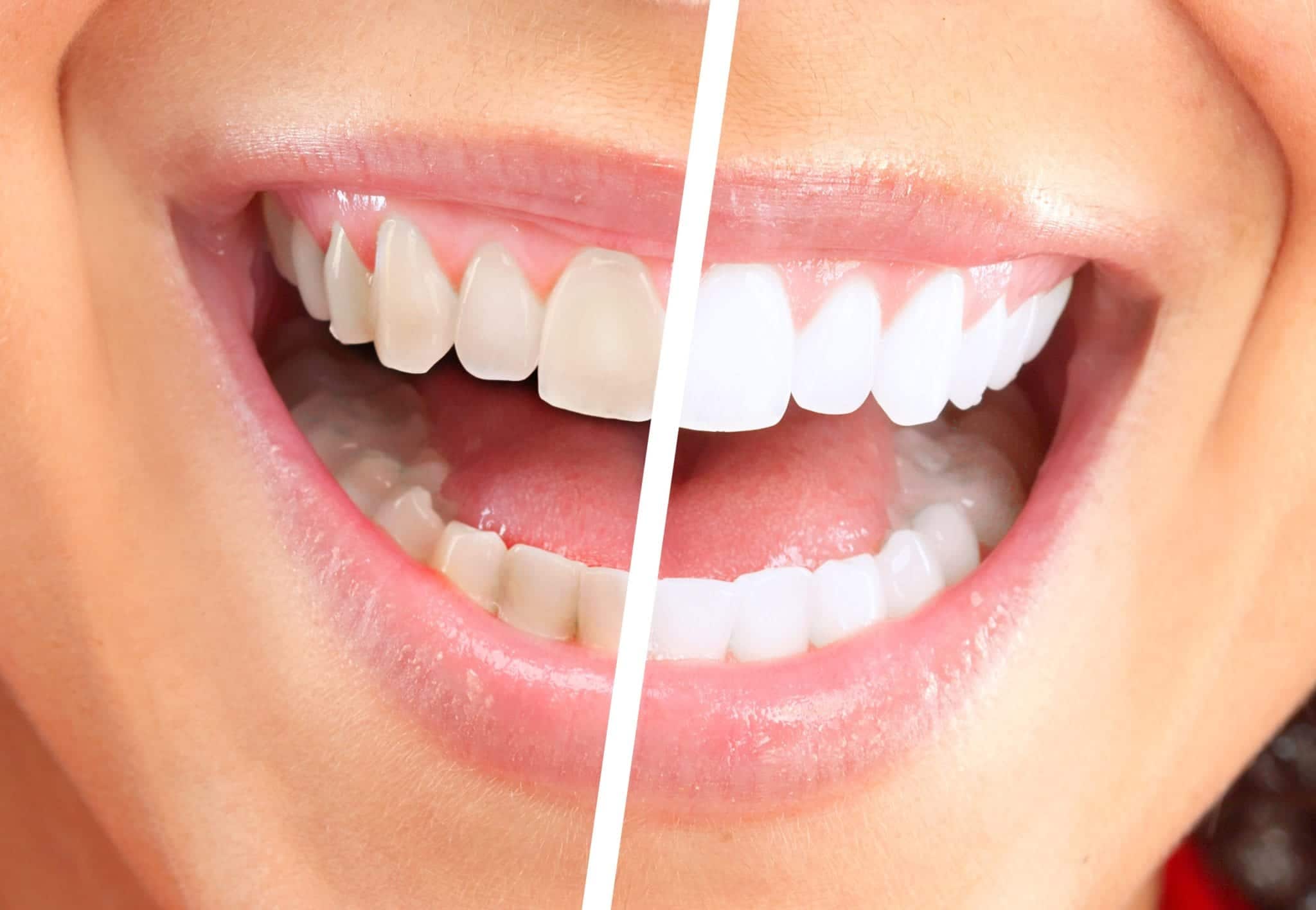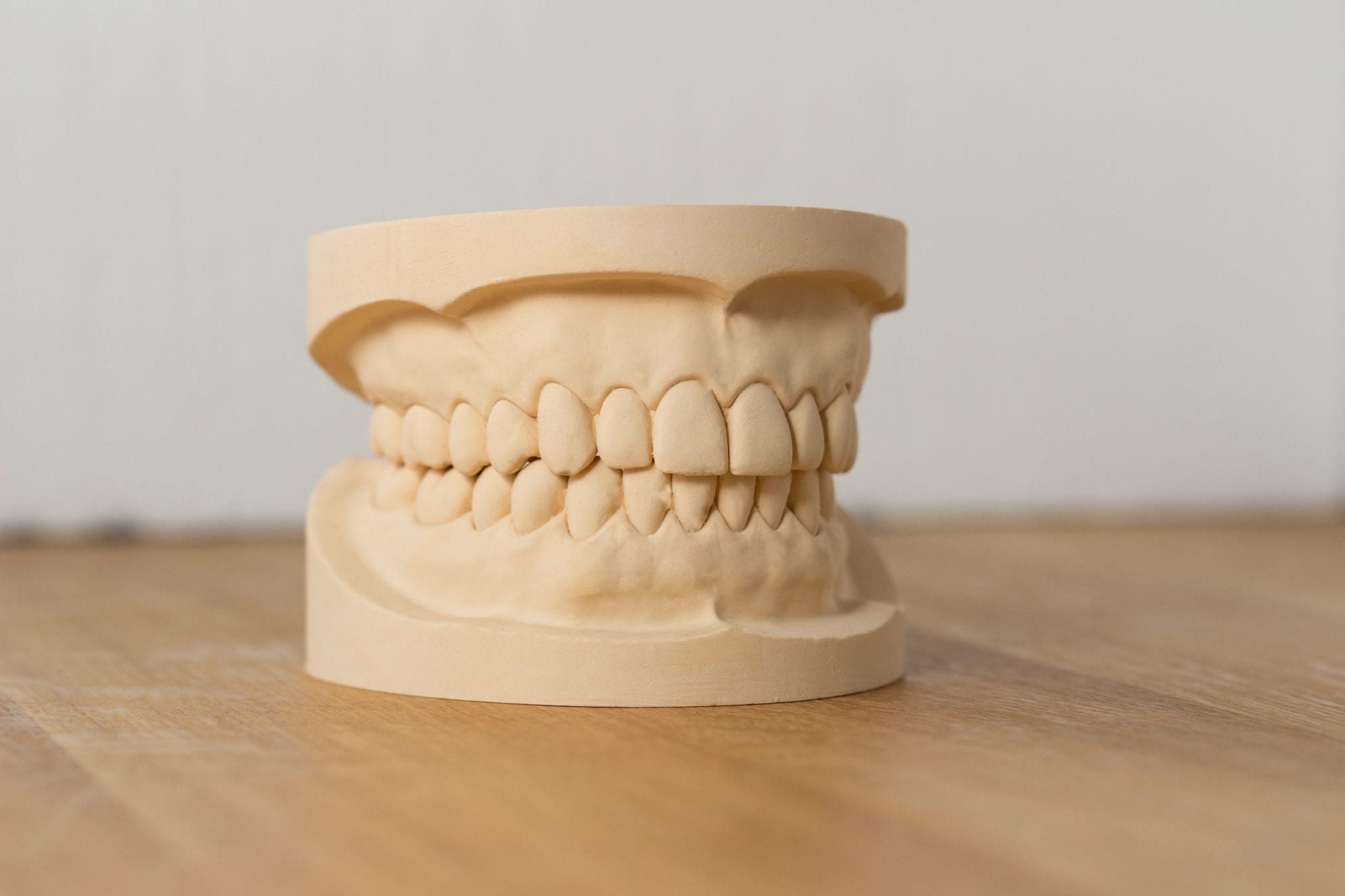
Cosmetic dentistry is often considered to be a luxury. Because of this, many patients believe to be unnecessary and tend to overlook it. However, cosmetic dentistry procedures aren’t just about making your smile look better. In some situations, they can improve your oral health and even help with medical issues such as headaches, posture problems, and tinnitus.
What Is Cosmetic Dentistry?
A cosmetic dentistry procedure is any dental work aimed at improving the appearance of the patient’s teeth, gums, and bite. These procedures may restore damaged teeth, or improve the shape, alignment, position, size, or color of the teeth and gums.
Common cosmetic dentistry procedures include tooth whitening, bonding of teeth, tooth restoration or repair, gum grafts, orthodontics, tooth reshaping, dental implants, invisalign, bite reclamation, straightening of teeth, and adding porcelain crowns or veneers.
Improvements to Oral Health
Cosmetic dentistry can improve the function of your teeth, gums and bite, repairing them and also preventing any further damage. Overall, this can not only improve your current oral health, but also prevent future oral health problems.
Cracked and broken teeth. Procedures that restore cracked or broken teeth, such as bonding, porcelain veneers, inlays, and crowns can provide additional support to prevent further damage. Additionally, damaged teeth are much more subject to decay, so these procedures can also prevent the development of cavities. Finally, damaged teeth can lead to suffering tooth sensitivity or pain, so these repairs can alleviate oral discomfort you may be experiencing as well.
Gum recession. With age or improper oral hygiene, periodontal disease may cause the gums to retract down the root of the tooth. This is not only unsightly, but can also result in gum infections, tooth decay, bone deterioration, and even tooth loss. Graft restorations of regressed gum tissue can prevent these issues while also improving the appearance of the gum line.
Crooked teeth. They’re more than just unsightly – they’re also harder to clean, increasing the risk of tooth decay. Crooked teeth may also wear unevenly, increasing the risk of fractures or other damage to the teeth. Orthodontic procedures that correct crooked teeth may help prevent some of these issues, leading to overall improvements in oral health.
Improvements to Bite
In dental malocclusion, the alignment of the teeth and the way that the upper and lower teeth fit together is abnormal. It is typically genetic, and can be caused by uneven tooth or jaw size. Malocclusion leads to tooth crowding and abnormal bite patterns. Over time, an abnormal bite can contribute to a number of health problems outside of the mouth.
Poor bite. A poor bite may ultimately lead to jaw problems such as TMJ, which can cause discomfort and contribute to other issues such as tension headaches and neck problems. Bite misalignment may also lead to postural issues, and so can contribute to neck and upper back problems.

Perhaps most surprisingly, an imperfect bite can even contribute to tinnitus, or ringing in the ears. This may be because the nerves that innervate the jaw also regulate the tone and function of the Eustachian tube and eardrum in the ear. Therefore, jaw tension or joint problems may affect the ear, causing ringing or hearing problems that may be alleviated by treating TMJ or correcting the bite.
If you think that you could benefit from cosmetic dentistry, be sure to mention it at your next dental checkup. Your dentist can help you to assess whether cosmetic dentistry might be for you and answer any questions or concerns you might have.






